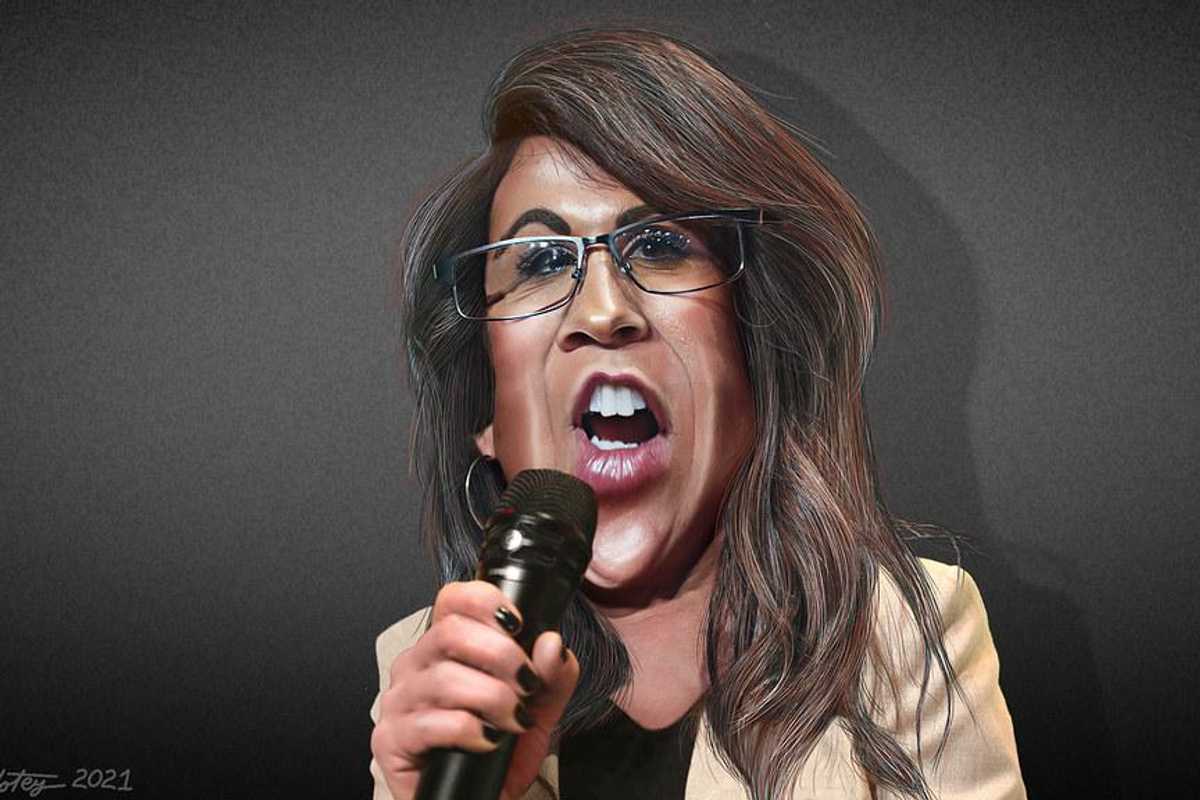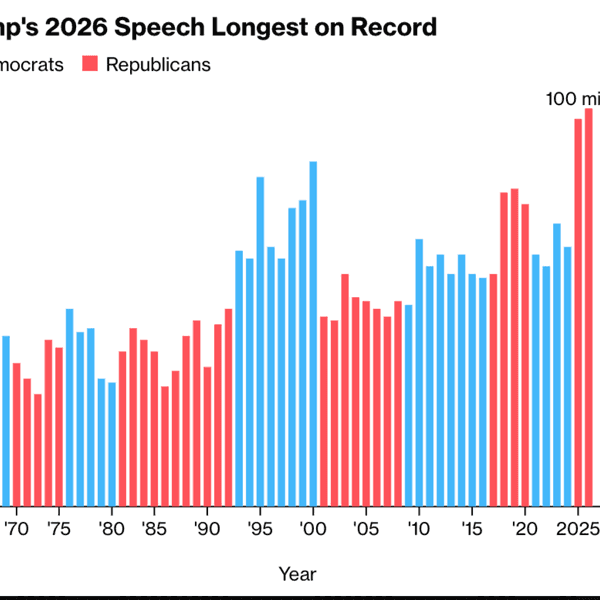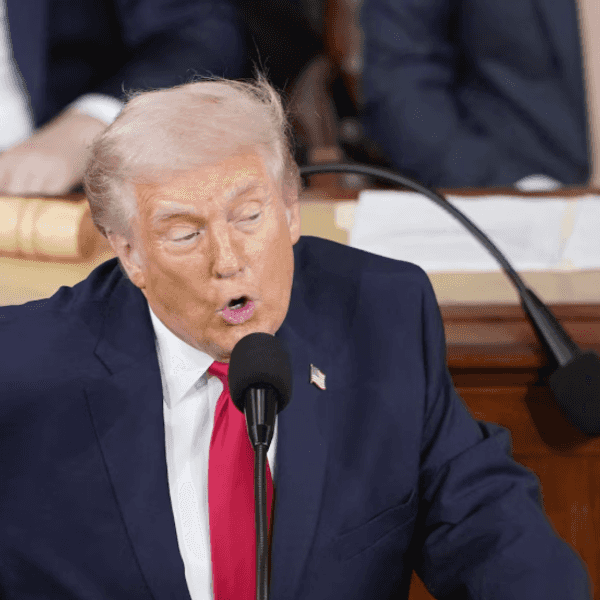UFOs? Pizzagate!? Boebert Explains Why Clinton Inquest Went Off The Rails
You may have wondered why the House Oversight Committee voted overwhelmingly to subpoena Hillary Clinton in its probe of the late pedophile financier Jeffrey Epstein, since the former secretary of state never met Epstein or had any contact with him.
But now that mystery at least is solved. While the committee chairman Rep. James Comer asked almost no questions – a lapse that Clinton mocked during their six-hour session – certain Republican members did have very urgent inquiries for her. (Several committee Democrats, who had voted to hold Clinton in contempt if she didn’t show up, didn’t bother to show up themselves.)
The Republicans were evidently eager to hear whatever Clinton could tell them about unidentified flying objects or UFOs, and the phony “Pizzagate” conspiracy promoted by the far right in 2015.
“It then got, at the end, quite unusual because I started being asked about UFOs and a series of questions about Pizzagate, one of the most vile bogus conspiracy theories that was propagated on the internet that was serving as the basis of a member’s questions to me,” said Clinton afterward.
Perhaps the best summation of the Chappaqua fiasco was delivered by MSNow's Joe Scarborough, who swore and cracked up as he admonished the Republicans who made the mistake of summoning Hillary.
Unsurprisingly, the member who raised the defamatory Pizzagate fable -- which ended with a near-tragic shooting at a pizza restaurant in Washington, D.C. -- was Colorado Rep. Lauren Boebert, the clown Congresswoman infamous for her bizarre antics with her ex-husband, boyfriends, and others. (Of course it was also Boebert who violated committee rules by leaking a photo of Clinton during the closed session to plagiarist-propagandist Benny Johnson.)
Later, when NewsNation’s Chris Cuomo wondered why committee Republicans would pester Clinton with such irrelevant garbage, Boebert replied with a smirk.
“Well, you know, those topics did come up and there are things within the Epstein file that leads to these questions. These files open up a whole mess, a whole trove of questions to go down,” she said. “This isn’t to highlight some big, vast conspiracy about a pizza parlor, but I think there needs to be questions, and I asked some questions on this topic that should be explained. There wasn’t an explanation given, of course, and then other members certainly asked about UFOs.”
Today the committee will turn its attention to former President Bill Clinton, who did know Epstein, albeit years before any hint of his heinous crimes were known. Any reputable news outlet that mentions Clinton’s connection with Epstein will note that there is no evidence linking the former president to those offenses or anything untoward.
Undoubtedly committee members will ask Clinton about his trips to Africa and Asia on Epstein’s jet – all in pursuit of humanitarian aims They will surely ask him as well about the contribution from Epstein to establish the Clinton Global Initiative (first disclosed in Man of the World, my 2016 book about the Clinton post-presidency). They will ask about the photos of Clinton in proximity to women on that Africa trip, one of whom has recalled that he was “a perfect gentleman.”
What the committee and investigators already knows is that no evidence exists to implicate Bill Clinton in Epstein’s horrific history. If there is anyone has been “exonerated” by the available evidence -- as Donald Trump has falsely claimed on his own behalf -- it is Clinton. Unlike Clinton, Trump and his minions are now plausibly implicated in crimes and coverup.
Which again raises the issue framed by Democrats in Chappaqua today: Why won’t the Republicans seek Trump’s testimony?
Joe Conason is founder and editor-in-chief of The National Memo. He is also editor-at-large of Type Investigations, a nonprofit investigative reporting organization formerly known as The Investigative Fund. His latest book is The Longest Con: How Grifters, Swindlers and Frauds Hijacked American Conservatism (St. Martin's Press, 2024). The paperback version, with a new Afterword, will be published in February 2026.
Reprinted with permission from Creators









